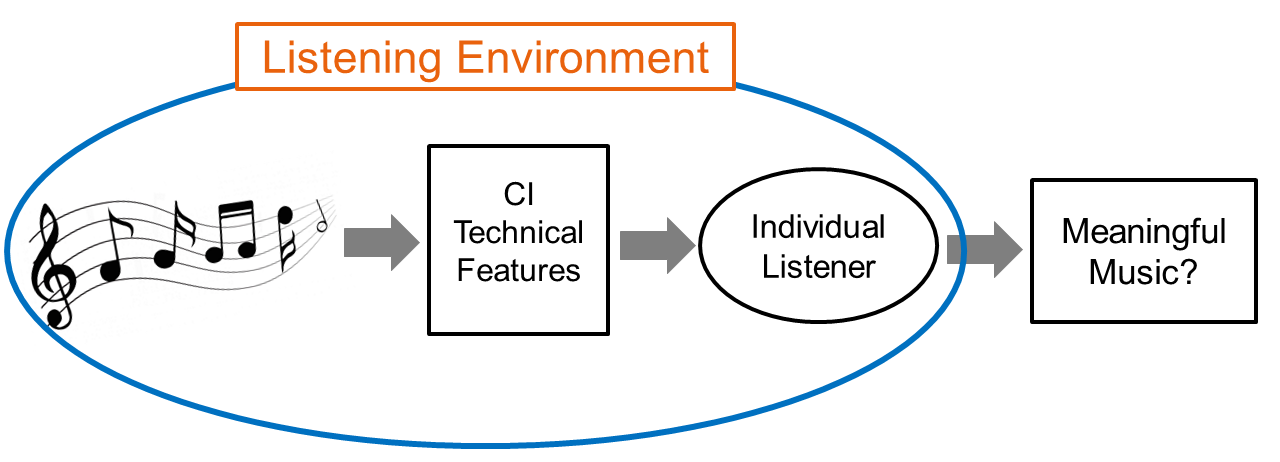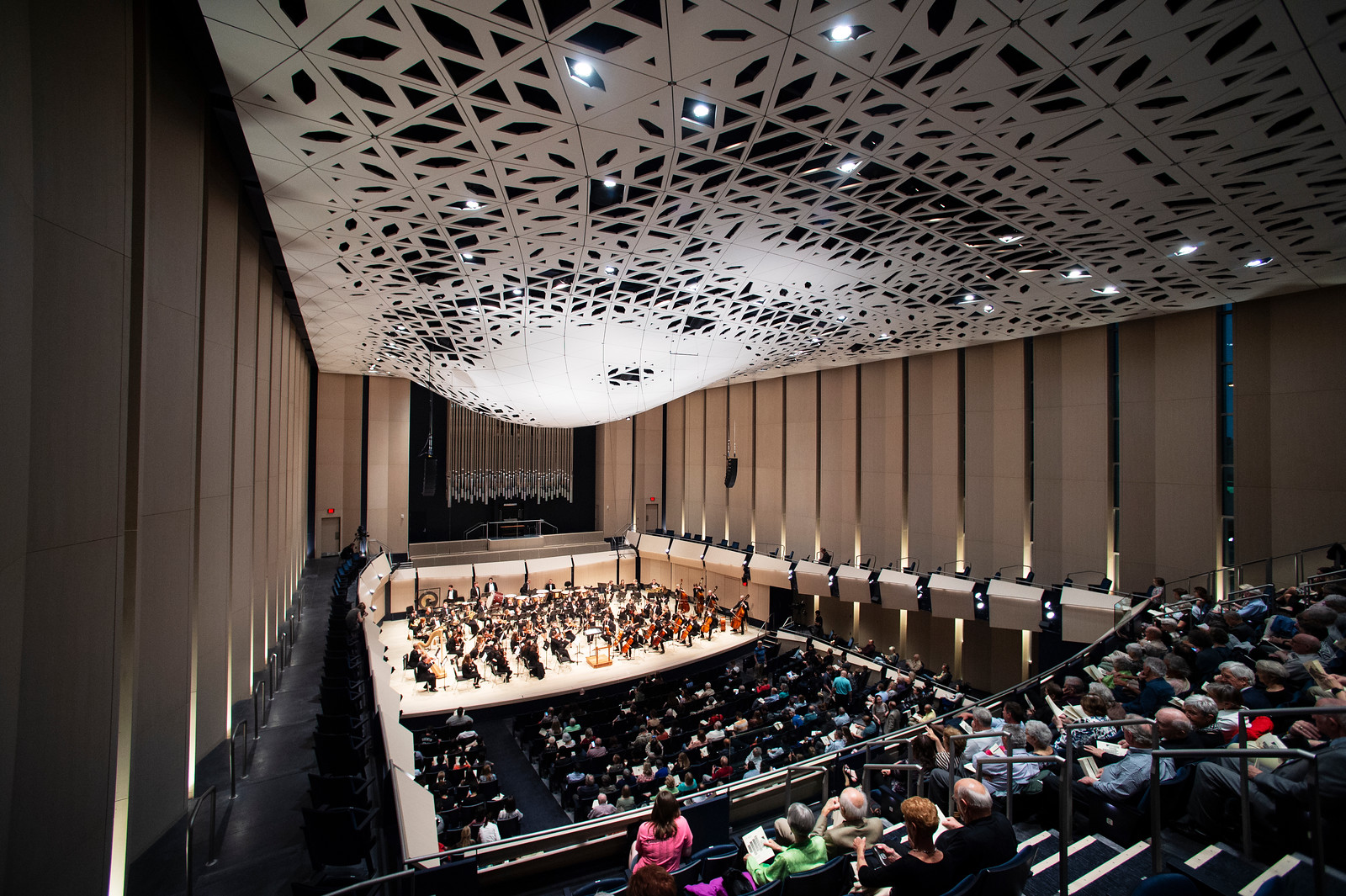See also: Articles on Music, Hearing Loss, and Hearing Devices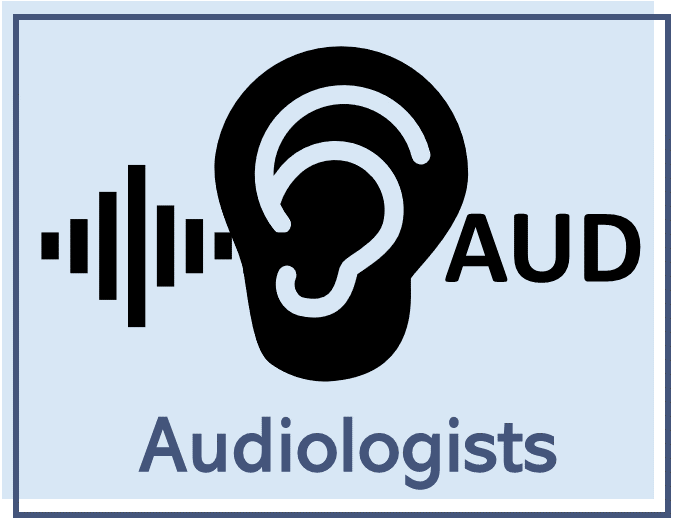
As you read this website, keep in mind the following:
-
People with hearing loss can differ in many ways.
-
Some information may be more applicable.
-
Pick and choose the information most useful for you.
The Listening Environment Affects Music Enjoyment of Cochlear Implant (CI) Users:
Information for Audiologists
Many factors affect music enjoyment of cochlear implant users:
-
the music itself
-
the hearing device
-
the listener's auditory profile and background
-
the environment in which the music is being heard
This page focuses on the listening environment.
1, 2
Audiologists usually focus on spoken communication. Why is music enjoyment also important?
-
Patients will encounter music often in many places. We hear music in social, commercial, cultural, and spiritual circumstances and on personal listening devices.
-
Most people listen to music to enhance their mood (Sloboda, 2010).
-
Music sounds less pleasant through a hearing device. Your patients may need some guidance and support in making the best of what they hear.
-
Music can be very important to social integration and quality of life. The loss of enjoyable music can undermine normalcy, wellbeing, and connection with others. [Click here to access self-efficacy page]
Audiology appointments are filled with device maintenance and speech testing. How can audiologists find time to counsel patients on music, too?
-
This web link offers a quick overview of research on factors related to music and hearing loss.
-
The website [Click here] offers pages about music written for CI users.
Does music sound better in certain types of listening environments?
Music sounds better when there are fewer distractions in the listening environment. CI users report these approaches to help maximize their listening enjoyment:
-
Listen in a quiet room with minimal background noise.
-
Avoid reverberant listening environments.
-
Curtains and carpeting can "dampen" the sound, making it clearer.
-
-
Use a good quality sound system that plays music clearly.
-
Experiment to find the best position and distance from sound sources: close enough to hear easily, but not too close for comfort.
-
Play music at an appropriate volume. This differs among listeners, and for different musical selections.
-
Non-auditory cues can make music easier to understand and enjoy.
-
Use visual aids, such as printed song lyrics during or prior to listening.
-
-
Be selective about attending live music programs. Avoid large noisy crowds, poor sound systems, loud music, or overamplification.
Music in Public Settings: A Challenge for CI users
Music listening in public settings is often more challenging than in private settings. Why?
-
The listener has less control over the music or the environment.
-
The music and the environment often change over time, thus changing listening demands.
What variables might change during the music?
-
the complexity of the music
-
how many musicians are playing at one time
-
the specific instruments or voices being heard
-
the volume of the music
-
the frequencies that are being played
-
How many people are there in the environment
-
how familiar the music is
-
how quiet the audience is
I much prefer places that are private or semi-private as opposed to public for listening to music. If it is a quiet concert, like a professional orchestra or similar setting where the audience generally stays silent during the performance, I definitely enjoy those.
Live Performances: Environmental Factors
What environmental factors affect listening experiences?
-
The amount of competing noise and type of performance.
-
For example, a classical performance may have a quieter audience than a rock concert.
-
-
The quality of acoustics within the venue.
-
How the sound is contained within the space.
-
Indoor venues may contain or reflect sound more than outdoor venues.
-
-
The balance of sound among the musicians.
-
How suitable the volume is for the space.
-
How many musicians are on stage.
-
Fewer musicians may be easier to perceive.
-
-
The placement and quality of speakers.
Strategies for CI users:
-
Experiment with different locations in an auditorium.
-
Sit close enough to the stage to watch the musicians sing or play.
-
Experiment with finding the best distance from the speakers.
-
Check to see if the concert has captions, assistive devices, or a hearing loop system.
-
Try to choose performances with fewer environmental challenges (e.g. quieter crowds, good quality sound system).
-
Take a break from the sound if your ears and brain need time to rest.
I can enjoy some of the music but depends on where I am sitting and the size of the arena. I do better close to the stage and smaller places. Less instruments also help.
If there are any kinds of competing sounds, I will be totally distracted and uncomfortable. This is the main reason I avoid live concerts.
Music and Speech in Public Settings
Switching back and forth between music listening and conversation can be a challenge for CI users. For example, at a bar with live music, the listener may switch attention back and forth between the band and the voices of their conversation partners.
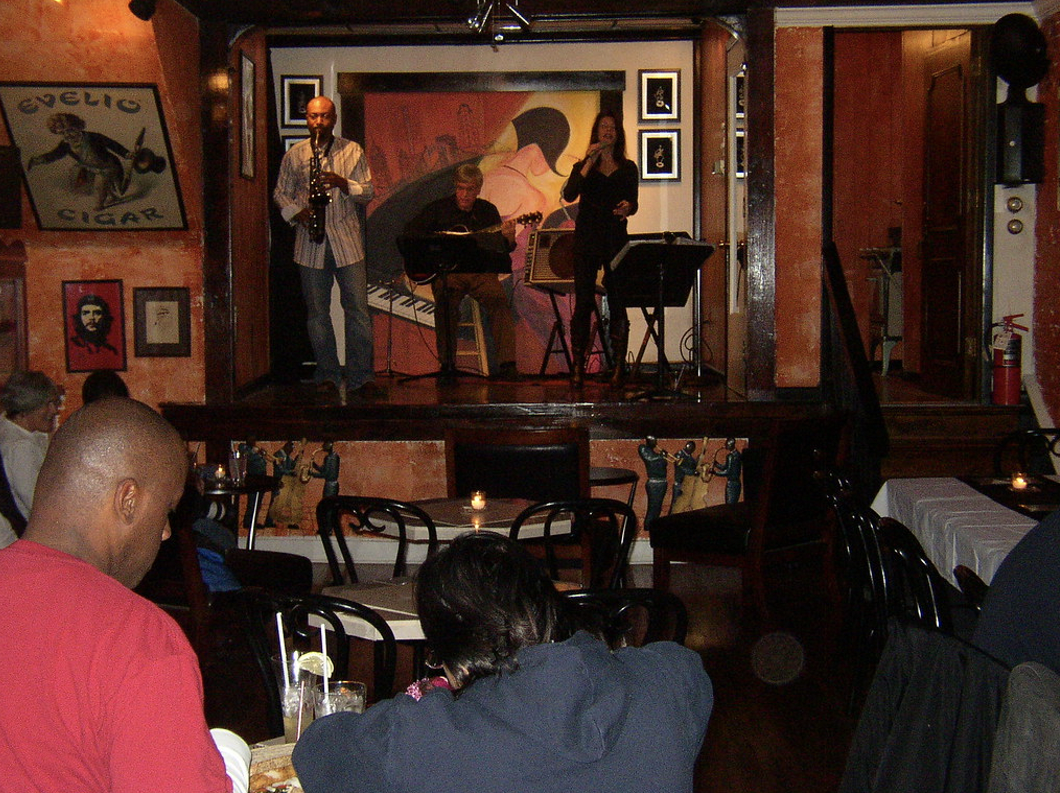

Why is this problematic for CI users?
-
The listener has to divide their attention between two things at once. This increases the cognitive load and listening effort.
-
Music can mask the speech of the conversation partner.
-
The listener may have to "nod and guess" when a conversation cannot be understood. This can make social gatherings with music uncomfortable.
-
-
Some CI users may choose to avoid many social situations altogether. This can lead to social isolation.
Strategies for CI users:
-
Try moving farther away from the music when you want to focus on the conversation.
-
If one ear is better than the other, ask your conversation partner to sit/stand on your good side.
-
Experiment to find the best location at programs, churches, or parties.
-
A corner spot can help you optimally face the sound.
-
There may also be a quieter place in the room with less cross-chatter or other competing noises.
-
-
Ask other CI users about their listening experiences and strategies. They may have some tips that you can use.
-
Educate your family and friends about what they can do to best meet your needs in complex listening environments.
-
When possible, choose quieter locations. SoundPrint is a phone application that measures the loudness level of your environment and recommends quieter places near you (e.g. coffee shops, bars, restaurants).
I agree that it is difficult to communicate with others at concerts unless it’s nonverbal. It can be frustrating, and all the background noise doesn’t help either.
CI users have also indicated problems with music in the background of movies. Music can mask speech in movies, making it difficult to follow what the actors are saying. Movies usually have background music to create a mood, but for CI users, the music may sound like additional noise.
Strategies for the movies:
-
Try finding movie theatres that offer films with closed captioning.
-
If you watch movies online in your home, you may be able to use closed captioning on your TV set/computerized TV.
-
Focus on only the dialogue. If the movie is very popular and has good music, try listening to the soundtrack separately.
Music in movies wails because it is way, way too loud, but I can’t adjust volume/sensitivity for these short section - so I don’t go to the movies.
For more information about music as background noise, click here: [link to background music page]
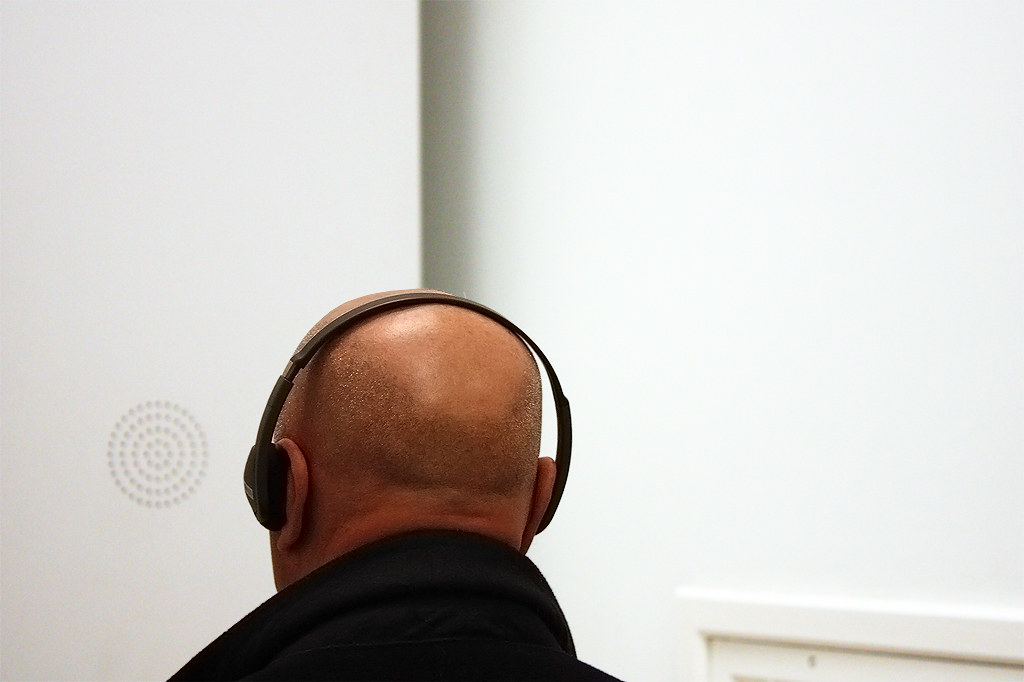

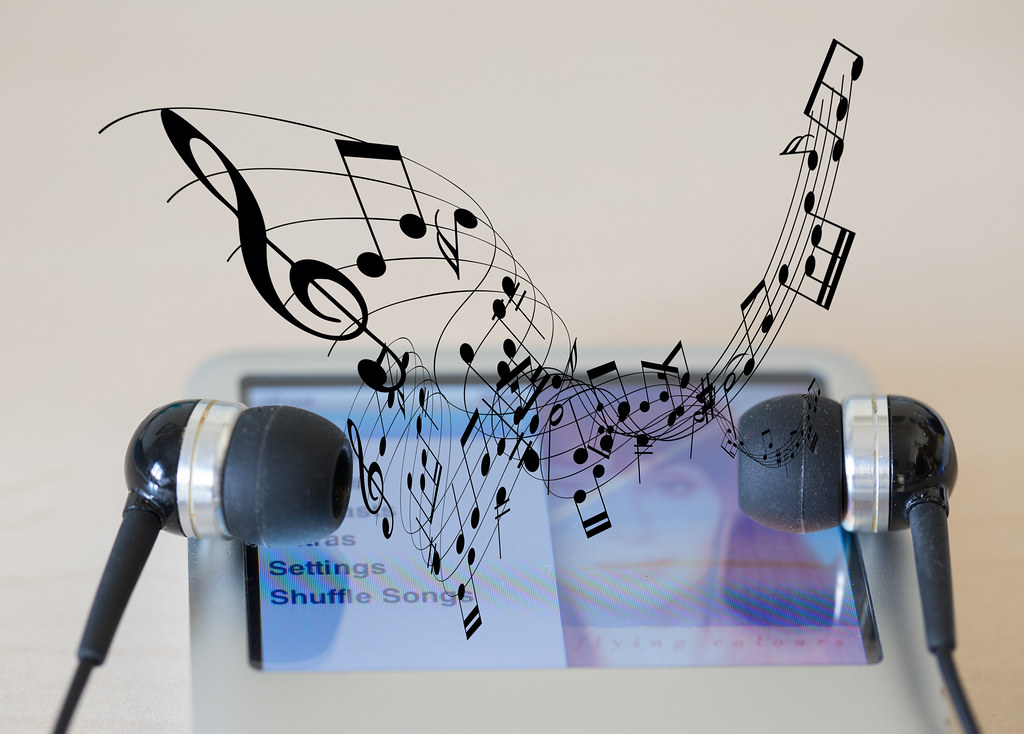
Music in Private Settings: Why is this less challenging for CI users?
Music at home or in the car offers more control over the music and environment:
-
There is more control over competing noise and echoes.
-
For example, the listener can choose a small, quiet space for music listening.
-
-
There are fewer external distractions (for example, large crowds), which reduces the listening effort.
-
The listener can select the music being played, such as choosing familiar songs.
-
The volume can be more controlled.
-
The listener can choose preferred methods for music listening, such as Bluetooth or direct connection.
-
The balance of the sound system can be adjusted. For example, the listener can turn up the bass.
Listening in small rooms helps as I can control the volume as well as the type.
References
Gfeller, K., Driscoll, V., & Schwalje, A. (2019). Adult cochlear implant recipients’ perspectives on experiences with music in everyday life: A multifaceted and dynamic phenomenon. Frontiers in Neuroscience, 13, 1229. https://doi.org/10.3389/fnins.2019.01229
Click here to review references used in preparation of this website.
1. All images on this website are used under Creative Commons or other licenses or have been created by the website developers.
2. Click here to access the sources of images on this page.
